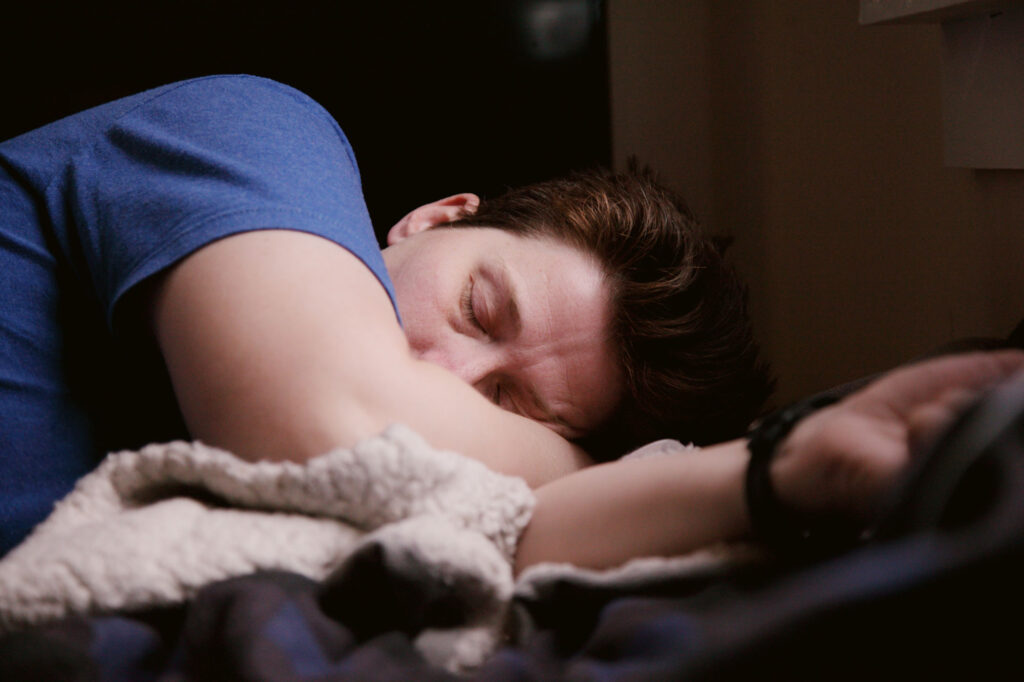Post-Treatment Relapse Prevention Program For Teens With Mental health & Substance Use Disorders
BasePoint Academy: Providing Post-Treatment Relapse Prevention Therapy To Help Teens Stay Connected With Their Professional & Peer Support Circle For Ongoing Healing.

Identify Warning Signs and Get Help Now
If you or a loved one have experienced a substance relapse, have exhibited early warning signs, suffer from a dual diagnosis, or are experiencing one or more high-risk situations that may lead to a potential relapse, call us now. We can help.
A Dual Diagnosis Can Increase The Risk of Relapse and Derail Hard-Earned Progress
Drug and alcohol addiction in teens with a dual diagnosis is a difficult challenge to overcome, especially when coexisting with a mental health diagnosis. The effect of withdrawal symptoms can lead to unhealthy consequences and undesirable high-risk situations. These facts alone make effective and supportive relapse prevention plans a critical element of the recovery process.
During early recovery, past use of drugs or alcohol can rear its ugly head in the form of familiar triggers, unhealthy influences, and the reintroduction of daily life stressors. After outpatient treatment programs end, individuals can still be influenced by triggers and stressors, making appropriate and effective treatment important.
It’s important for teens to have a clear and practical path to maintain sobriety and holistic recovery. A relapse prevention plan helps teens to stay connected with their professional and peer support circle and continue developing essential coping strategies.
These practical interventions, and with a supportive community, help reduce addictive behaviors and aid in common trigger mitigation and craving management.
Characteristics of An Effective Relapse Prevention Plan
Relapse prevention plans are a critical component of early Substance Use Disorder or dual diagnosis recovery. A plan helps patients identify unhealthy behaviors and take healthy action instead before a physical relapse occurs.
At BasePoint Academy, an individualized relapse prevention plan is integrated with your teen’s individualized treatment plan in collaboration with the Treatment Team. You and your teen are encouraged to share the treatment and relapse prevention plan with the teen’s immediate support network to provide continued stabilization support throughout your teen’s recovery process.
Their support network could include siblings, grandparents, teachers, employers, teen counselors, and friends. The more people who encircle the patient, the more likely they are to sustain long-term recovery.
An effective relapse prevention plan will offer actionable steps for the patient to take to mitigate or manage cravings and triggers. In most cases, a true relapse isn’t an instantaneous event. It happens in three phases, emotional relapse, mental relapse, and physical relapse.

Emotional Relapse
Emotional relapse is an internal, feelings-driven trigger that can lead to undesirable or addictive behavior. You’re not considering using or falling back on old habits, this phase is before negative thoughts, or unhealthy behaviors take shape and can look like youth anxiety, mood swings, isolation, fatigue, brain fog, intolerance, or anger.
These emotions are also indicators of Post-Acute Withdrawal when the brain is still recalibrating after process addiction or drug or alcohol addiction. The brain and body are correcting the chemical damage that was sustained due to substance use. Post-Acute Withdrawal symptoms take place a few weeks or months after detox, depending on the addictive substance and the severity of the addiction.
Mental Relapse
A mental relapse from substance abuse or mental health concerns occurs in sequence after an emotional relapse. Here, the patient is experiencing the emotional effects of withdrawal symptoms or intense triggers and is contemplating their addiction.
This results in an internal conflict as their mind and body are now at war with their goals and desire for sobriety. A mental relapse may look like changes in the patient’s sleeping habits, withdrawal from social activities, reduced hygiene, unnecessary risk-taking, and general confusion.


Physical Relapse
Once negative thoughts take hold, negative consequences in the form of physical actions may follow more easily. If practical steps aren’t taken, or coping skills aren’t leveraged, the vicious cycle begins again.
A physical relapse could look like contacting a dealer, looking for someone else’s prescriptions, or frequenting a location where they know they can obtain drugs or alcohol or engage in unhealthy behaviors.
Proven relapse prevention techniques will guide them through what they should do during every phase in order to prevent relapse. It will reveal what they should do, who they should call, where they should go, and what coping skills they should apply.
What Does A Relapse Prevention
Program Look Like?
The relapse prevention plan walks the patient through emotional, mental, and physical steps to take when experiencing triggers or negative influences. From practicing self-care and sharing their struggles with a loved one or support group to “playing the tape through” the scenario and making a phone call. It will all be clearly laid out.
The patient will be given reliable Relapse Prevention techniques for managing the symptoms of potential relapse and mitigating negative influences.
They will be reminded of mindfulness-based relapse prevention skills and mindfulness meditation, safe places and people, and follow-up procedures with their treatment provider.
Teens working on their recovery and relapse prevention plans are encouraged to find a dedicated sponsor, someone who is not a family member, to support them in their recovery.

How A Relapse Prevention Plan Is Developed
At BasePoint Academy, we specialize in teen Behavioral Health, Mental Wellness, and Dual Diagnosis treatment. Every relapse prevention plan is designed to suit the individual needs of the patient and help them reach their recovery goals and actively prevent relapse.
During substance abuse treatment, teens are encouraged to share their relapse prevention needs in both individual therapy and group therapy sessions. The clinicians and teens work together to set patient-specific goals and identify unique triggers and stressors.
Based on their relapse prevention needs and therapy sessions, the plan will remind the teens of the proactive strategies they learned to engage their coping skills to overcome potential triggers and/or cravings.
It will show the patient and their loved ones how to spot warning signs of emotional, mental, and physical relapse and articulate what actions the patient should take.
FAQs Related To Relapse Prevention Therapy
If you or a loved one are attempting to safely avoid relapse, here are a few signs and signals to watch for that could indicate a potential relapse is already in motion.
- Poor self-care
- Avoiding the use of coping skills
- Avoiding group sessions
- Erratic sleep habits
- Chronic exhaustion
- Romanticizing substance use effects
- Fantasizing about substances
- Lying
- Mood Swings
- Isolating themselves
- Confusion or brain fog
- Reintroducing using friends or family
- Lack of confidence in their recovery


